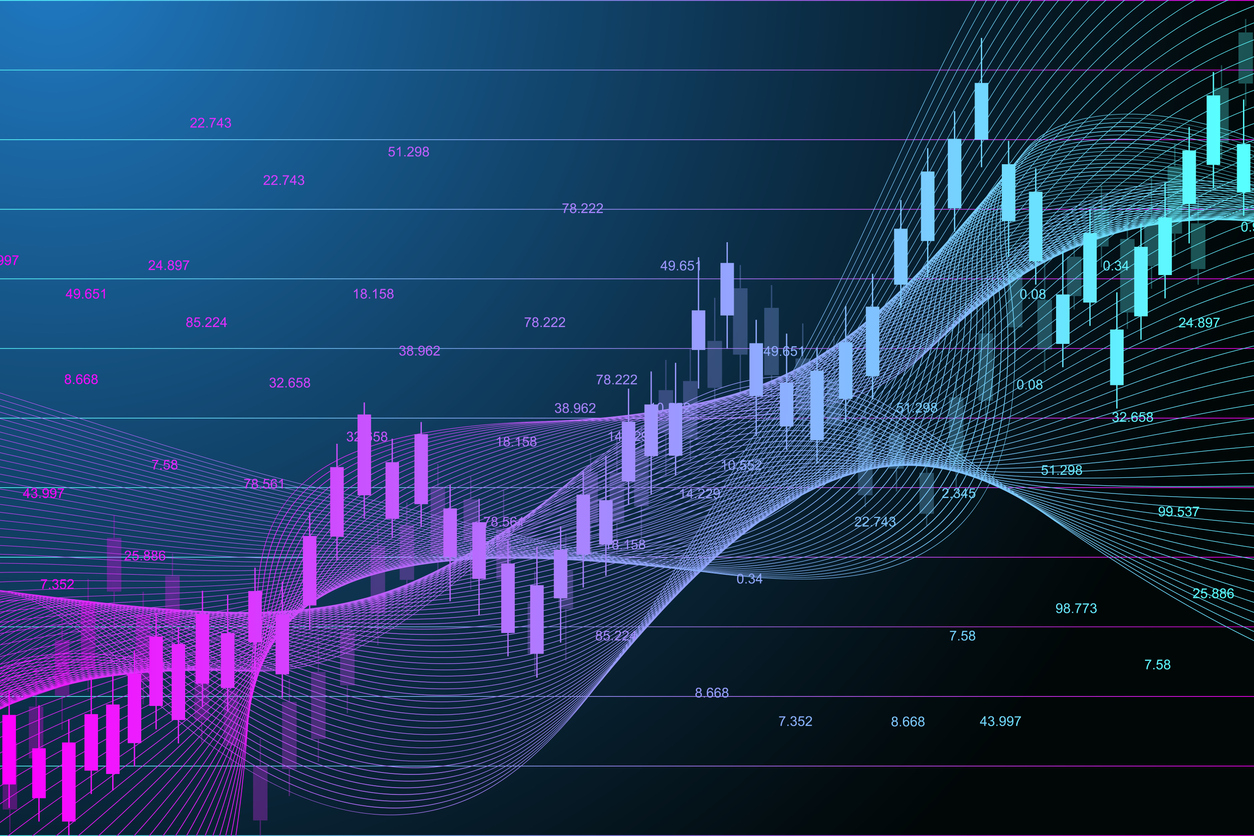Germany’s Economy Contracts for the Second Consecutive Year in 2024: A Deeper Look into the Nation’s Struggles and What Lies Ahead
Germany’s economic challenges took a notable turn for the worse in 2024, with the country’s gross domestic product (GDP) contracting for the second consecutive year. The latest figures, which showed a 0.2% decrease in GDP in 2024, follow a 0.3% contraction in 2023, marking Germany as the worst-performing major economy in Europe. These figures highlight a persistent trend of economic stagnation, and they raise concerns about Germany’s ability to sustain long-term growth in an increasingly volatile global landscape.
The official announcement comes just weeks before the early election scheduled for February 23, 2025, where economic recovery and revitalisation are expected to dominate the political agenda. The disbandment of Chancellor Olaf Scholz’s coalition government in November 2024 following a dispute over economic policy has left the country in a state of political uncertainty. The incoming government will face a tough task in devising a strategy that addresses Germany’s significant economic challenges.
A Closer Look at Germany’s Economic Contraction
Preliminary data reveals that, despite the increase in disposable incomes owing to wage agreements in key industries, Germans have chosen to save rather than spend, a factor that has significantly influenced the contraction in economic activity. Consumer spending, which has traditionally been a cornerstone of economic growth, fell substantially in key sectors such as hospitality, retail, and apparel.
Notably, expenditures in hotels and restaurants dropped by 4.4% while spending on apparel and footwear fell by 2.8%. Despite rising incomes, consumer pessimism seems to be the primary driver of this trend. The economic outlook for consumers is clouded by fears of job losses, particularly following mass layoff announcements from major corporations such as Volkswagen, Thyssenkrupp, and Bosch, all of which are key players in the German economy.
While wages have risen in recent years due to collective bargaining agreements aimed at easing the impact of inflation, this alone has not been sufficient to stimulate a broad-based consumer recovery. The rising cost of living—coupled with the looming spectre of job cuts and geopolitical instability—has led many households to adopt a more cautious financial stance.
The Impact of China’s Economic Competition on German Exports
Germany’s economic troubles are not only driven by domestic factors but also by external pressures, particularly from its increasing competition with China. Over recent years, Chinese companies have rapidly advanced in key sectors where Germany has traditionally held a competitive edge, including automotive, industrial machinery, and chemicals.
The automotive sector, in particular, has faced mounting challenges, as Chinese electric vehicle (EV) manufacturers such as BYD and Nio gain market share in Europe. The German automotive giants, including Volkswagen, BMW, and Mercedes-Benz, are now tasked with responding to this threat by transitioning to electric mobility, at the same time managing supply chain disruptions and the ongoing global shift in demand for greener technologies.
The growing dominance of Chinese firms in industrial machinery and chemical industries further complicates Germany’s competitive standing on the global stage. Chinese firms have benefited from lower production costs and government subsidies, allowing them to undercut prices in traditional German export markets. This has resulted in a decline in demand for Germany’s high-end manufactured goods, impacting its economic stability.
The Energy Crisis and Its Effects on German Industry
One of the more immediate challenges that Germany faces is the energy crisis exacerbated by the conflict in Ukraine and the reduction of affordable natural gas from Russia. Energy prices have surged, and industries that rely on large amounts of energy—such as manufacturing and steel production—have been particularly affected. The high cost of energy has rendered it more expensive to produce goods domestically, which in turn makes them less competitive in global markets.
The soaring cost of energy has sparked increased calls for Germany to accelerate its transition to renewable energy, which would alleviate some of the pressure on businesses. However, the transition is not without its own set of challenges. High investment costs, regulatory delays, and infrastructure limitations have slowed the rollout of renewable energy projects, leaving Germany in a precarious position as it faces both immediate and long-term energy uncertainties.
Interest Rates and Investment Constraints
Another significant factor influencing Germany’s economic performance is the European Central Bank’s (ECB) monetary policy. Over the past year, the ECB has maintained high interest rates in an effort to curb inflation, but these elevated rates have made borrowing more expensive for businesses. As a result, many companies have been hesitant to invest in new machinery, technology, or infrastructure.
For Germany’s export-driven economy, investment in new manufacturing technologies is essential to maintaining its global competitiveness. The high cost of financing, however, has put a damper on this critical investment. Without the capital to modernise production processes and invest in future-proof technologies, many German industries are at risk of falling behind.
Political Uncertainty and the Road to Recovery
As Germany enters an early election period in 2025, economic recovery has become a central theme in political debates. The country’s political leadership will need to come together to create a coherent strategy that can tackle both immediate concerns, such as the cost of living and energy crisis, and long-term issues, including the country’s technological competitiveness and transition to renewable energy.
Related: Revolutionizing Finance: The Top 5 Banking Trends Set to Disrupt the GCC in 2025
Some analysts have suggested that Germany could benefit from a more aggressive industrial policy to support strategic sectors, such as electric vehicles, renewable energy technologies, and advanced manufacturing. In addition, tax reforms aimed at stimulating business investment could help break the cycle of stagnation and provide the necessary capital for growth.
The resolution of Germany’s political instability and the formation of a stable government will be a key factor in determining the country’s economic trajectory. The coming months will be critical in shaping Germany’s recovery and determining whether it can regain its position as a leading economic power in Europe.
A Critical Crossroads for Germany’s Economic Future
Germany finds itself at a crossroads. After two consecutive years of economic contraction, the nation must confront deep structural issues that threaten its long-term prosperity. The country’s global standing has been affected by external competition from China, the ongoing energy crisis, and a domestic labour market under strain. However, there are opportunities for recovery if policy reform, innovative investment, and economic diversification are prioritized.
The upcoming election will be pivotal in deciding Germany’s future path. The new government must be prepared to enact bold policies to address the nation’s stagnation and restore confidence in both the domestic and international economic markets. Only by tackling both immediate economic crises and long-term structural changes will Germany be able to safeguard its future as Europe’s largest economy.














